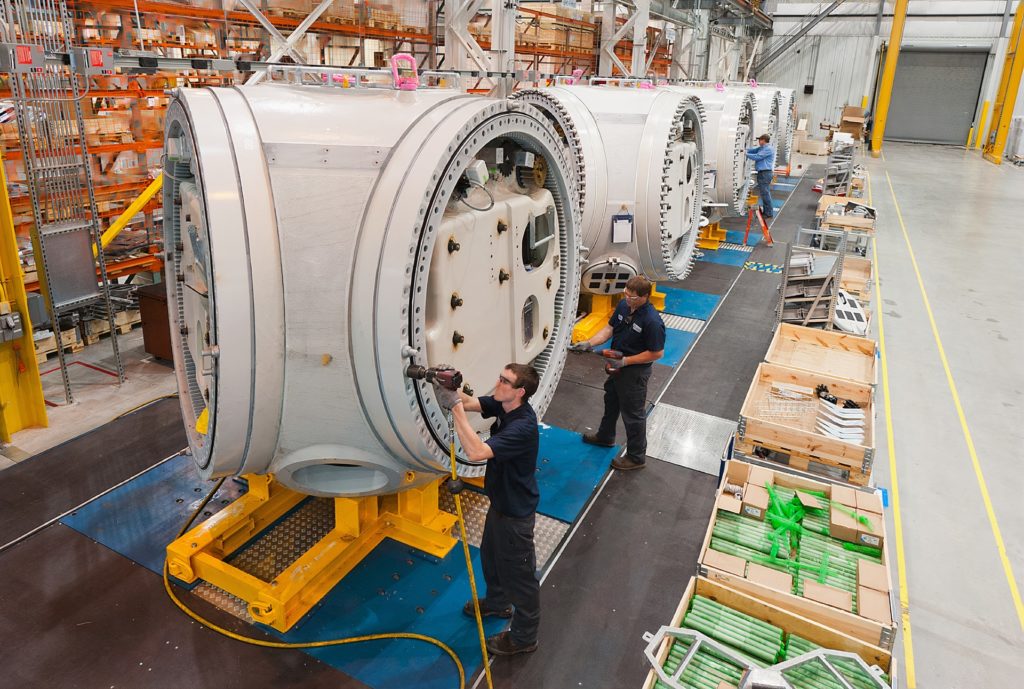
4 Ways Factories Improve Efficiency
Chances are that you’ve driven past a factory at one point in your life, but if you don’t work in the industrial sector, you may not fully understand and appreciate what those large buildings accomplish. Factories are the titans of industry that run the manufacturing world. This is where those products you love so much are created and processed with the help of dedicated workers and advanced machines. Without these factories, manufacturing and retail would cease to exist as we know it.
Across the globe, factory workers are finding new ways to create great products and be more efficient while doing so. The world is constantly looking for the next best thing. We live in a world of immediate gratification where people want things, and they want them right away. If factories didn’t do their jobs correctly, there would be a terrible backlog, and the general buying and selling community would be outraged. To keep that from happening, factories are constantly working to improve their efficiency and come up with new, creative solutions to manufacturing problems and puzzles. Thanks to these advancements, the world continues turning, and everyone gets exactly the solutions they need when they need them. Let’s take a look at a few of the advancements that are allowing factories to be leaders in efficiency across the globe.
1. Creating Innovative Solutions
Most factories house a large number of machines that help them get their work done. As technology changes and advances, the specifics of each machine need to stay updated as well. Workers and innovators on the assembly line have years of experience developing new, creative solutions to increase efficiency.
Consider rubber molding companies. Those rubber parts or plastic caps that you come in contact with every day have to come from somewhere. You need rubber molds to help the molding process and to create durable, reliable prototypes and products. Thanks to new advancements within factories, these rubber molds are helping assembly move quicker than ever with several innovative solutions. From transfer molds to compression molding, all rubber components and part design can be set for timely delivery or automation. This also leads to better customer service as custom molds become available for every client’s specific needs. By creating these new packaging ideas or custom mold designs, factories are advancing how items get created and delivered.
2. Supplying Bulk Materials
One of the biggest benefits to efficiency within factories is the fact that the manufacturing process usually supplies bulk materials. Rather than spending a long time carefully crafting one item, you can use that time to create several high-quality pieces. Most retailers or business owners don’t want just one of something they’re ordering‚Äîinstead, they need bulk materials. Factories focus on getting these custom items out in large numbers, so you can order a large number of church candles or t-shirts, or office supplies at a competitive price. Take advantage of this efficient offer, and get what you need more immediately in bulk supply.
3. Allowing for Sustainability
When you’re making things by hand, it’s easy to get burnt out or exhausted. This can then affect your work and the quality of your products. Factories eliminate this problem because the machines take care of most of the work. This method allows for sustainability and efficiency for the future of a variety of industries.
4. Bringing Multiple Heads Together.
The community of factory workers and manufacturers is huge, and they tend to share some of their developments. Factories provide efficiency in the manufacturing world because multiple heads are always better than one. With multiple professionals brainstorming and looking for creative solutions together, this specialty is only going to get better over time.
